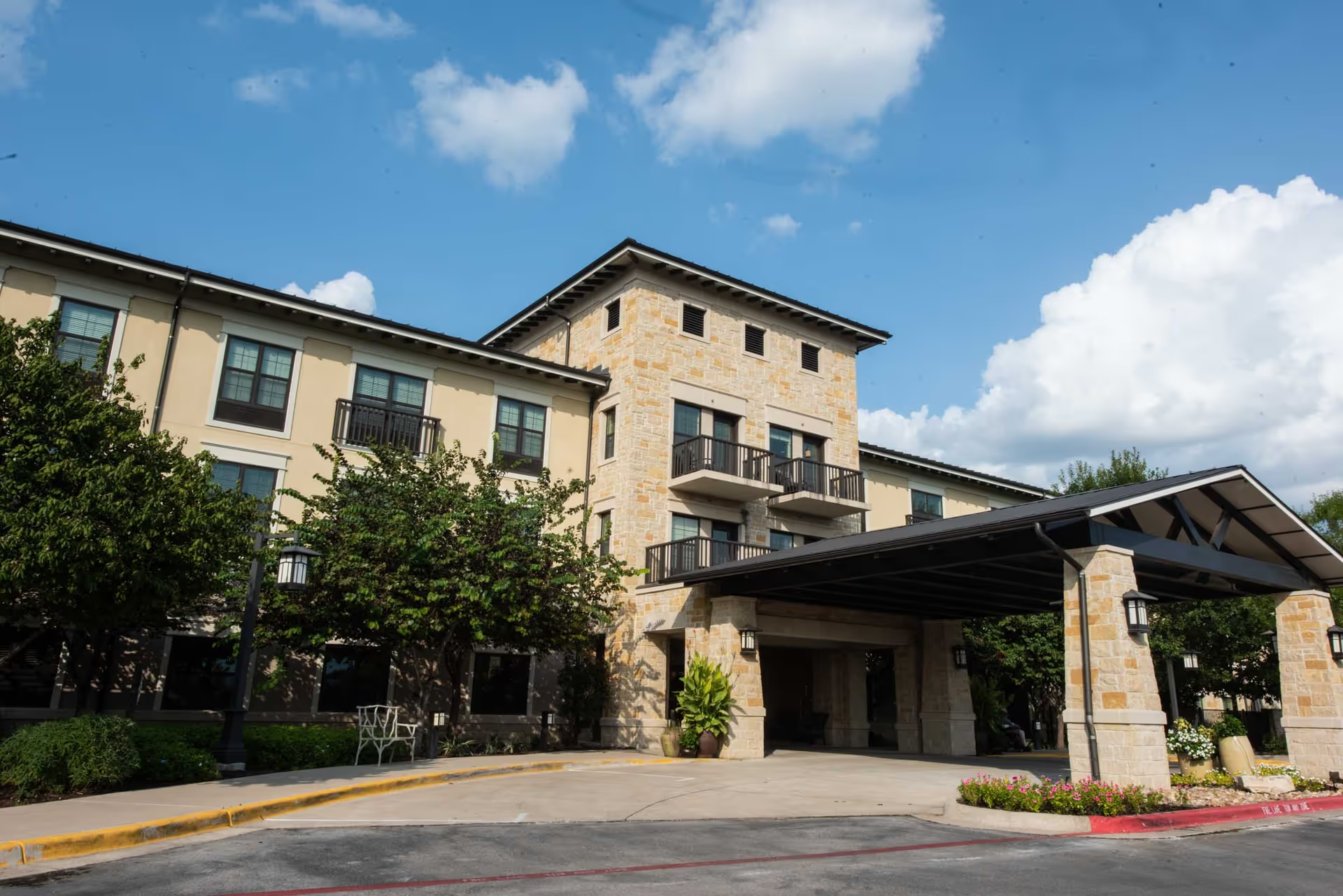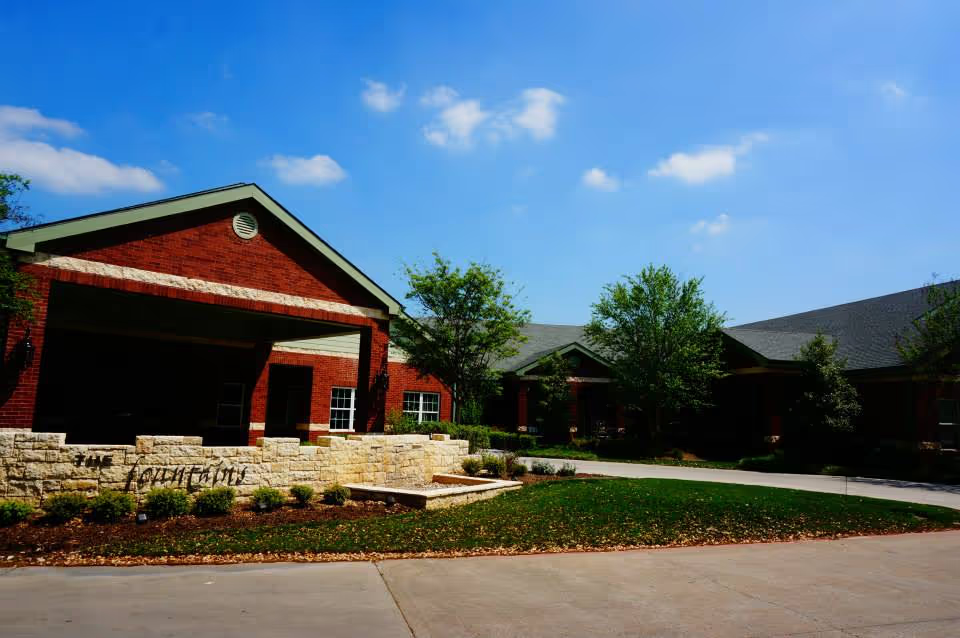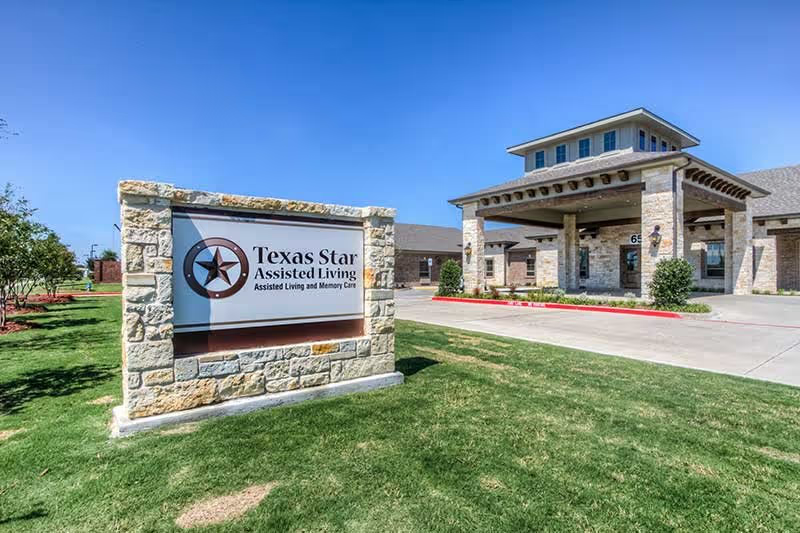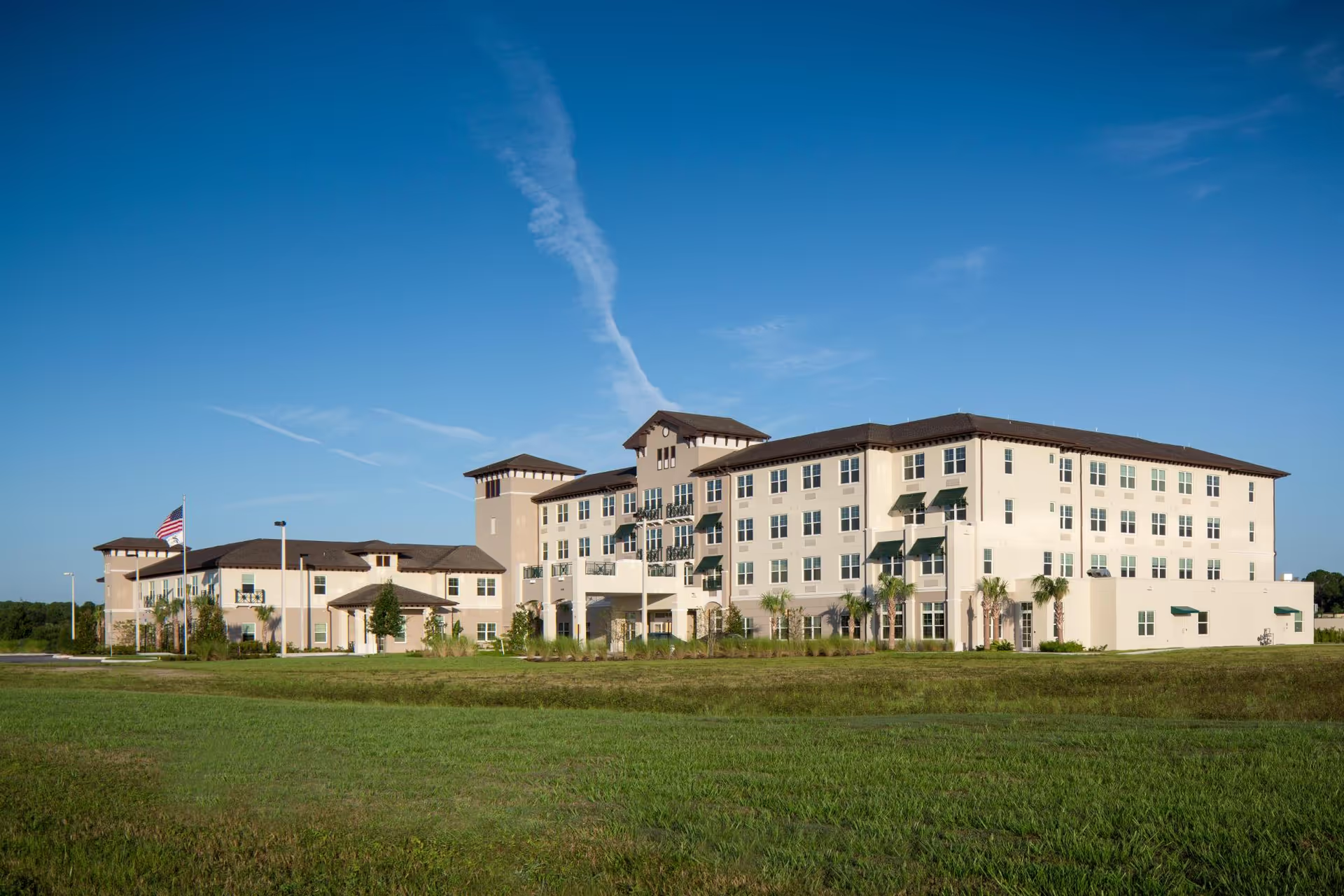Overall sentiment across the reviews for Falcon Point Post Acute is highly polarized. A substantial proportion of reviewers praise the facility’s therapy programs, many individual caregivers (especially therapists and several CNAs), clean and attractive common areas, and active social programming. These positive reports describe strong rehabilitation outcomes, attentive therapy staff (some named directly), comfortable rooms, secure memory-care areas, and an admissions team that can be professional and helpful. Multiple families reported successful rehab-to-home transitions, effective coordination with insurers, compassionate short-term care, and improvements under recent management changes. The facility’s amenities — on-site salon, enclosed courtyard, atrium, piano, and frequent activities like bingo and ice cream socials — are repeatedly cited as strengths that help residents stay engaged and comfortable.
However, an almost-equal set of reviews raises serious concerns that point to inconsistent care quality and operational issues. The most frequent negative themes are staffing shortages, high turnover, and inconsistent responsiveness from nursing staff. Many reviewers described delayed nurse-call responses, missed baths, soiled or wet residents, and delayed medication administration. There are multiple urgent safety-related complaints: falls with injury, allegations of rough handling or abuse (including a report of a patient being slapped and call button removal), wandering/unsupervised residents, and reports that bedside safeguards or appropriate follow-up care were lacking. Several reviews allege mismanaged discharges, withheld paperwork, or insufficient post-discharge home-health planning, creating risks for residents after they leave the facility.
Dining and clinical documentation/billing are recurring trouble spots. Food quality elicited widely varying opinions: some reviewers found meals nutritious and enjoyable, while others complained of unhealthy, overly salty, sugary, or pureed food served inappropriately and a lack of vegetarian options. Financial and administrative complaints were also common: billing errors, delayed statements, denied refunds, Medicare/insurance disputes, and at least a few reviewers alleging potential Medicare investigation or unethical billing practices. Communication breakdowns — between leadership, nursing, therapists, and families — were mentioned repeatedly, with examples of missed emails, unreturned calls, and front-desk/front-office inaccessibility.
Management and leadership perceptions are mixed and appear to influence individual experiences strongly. Several reviewers singled out specific leaders (positive mentions of a Director of Nursing Stella, an Executive Director Jesse, and favorable admission staff) who provided clear, compassionate coordination and quick resolution of issues. Conversely, other reviews accused leadership of being unresponsive, insincere, or even actively contributing to poor staff performance (rude DON, paper-pushing management, or HR that sabotaged employees). Multiple reviewers noted improvements since new management arrived, which suggests the facility may be in transition and that care consistency is changing over time.
Facility condition and atmosphere are generally described positively but with exceptions. Many families called the building beautiful, clean, and well-kept, sometimes claiming it to be the cleanest in the area. Others reported hall odors, dark rooms, outdated sections, insect/bug issues, or instances of bedding and room maintenance being neglected. The memory-care and Alzheimer’s units and secured outdoor spaces were a notable positive; yet safety lapses and inadequate staffing sometimes undermined that advantage.
Taken together, the review set paints a picture of a facility that can deliver excellent rehabilitation outcomes and compassionate care when staffing is stable and leadership is engaged, but that also has notable risk areas tied to inconsistent nursing quality, operational/administrative failures, communication breakdowns, food and hygiene problems, and serious safety allegations in a subset of cases. Prospective residents and families should weigh the strong therapy reputation and engaging activity environment against reported variability in nursing care, billing practices, and management responsiveness. Practical steps for families considering Falcon Point Post Acute: (1) meet the nursing leadership and ask about staffing levels and turnover; (2) verify medication, dietary, and discharge processes in writing; (3) request references from recent families who had similar care needs (rehab vs long-term memory care); (4) confirm how the facility handles incident reporting, falls, and abuse allegations; and (5) monitor billing and Medicare/insurance paperwork closely. These steps can help capitalize on the facility’s strengths while reducing exposure to the inconsistent elements documented in these reviews.







